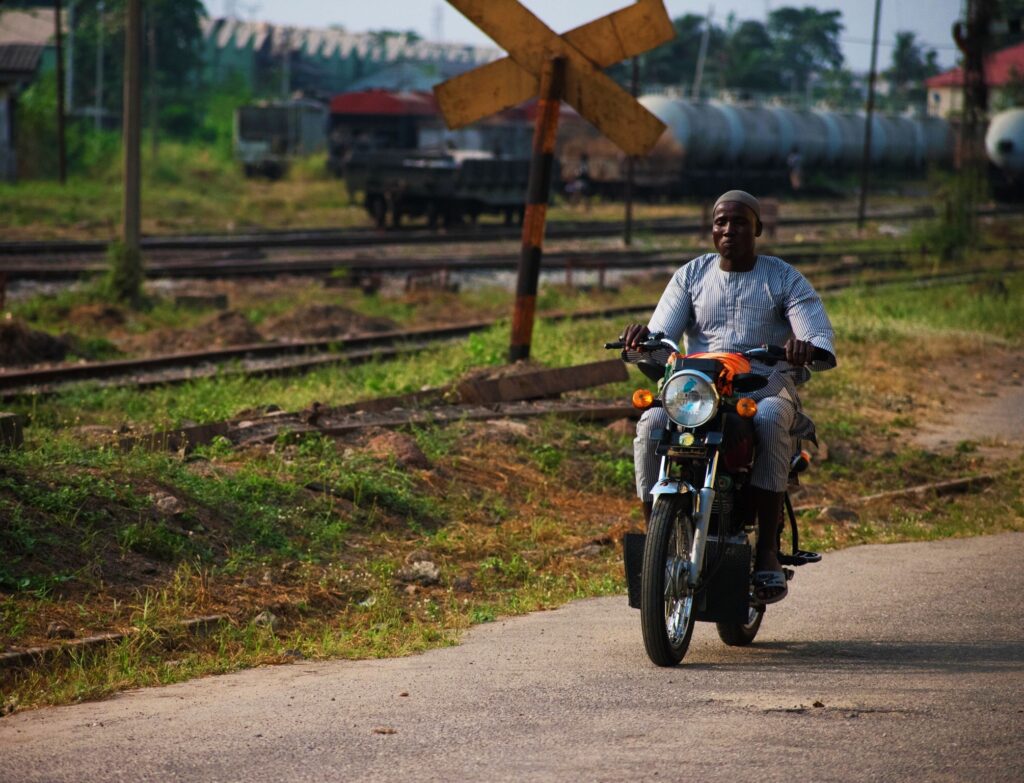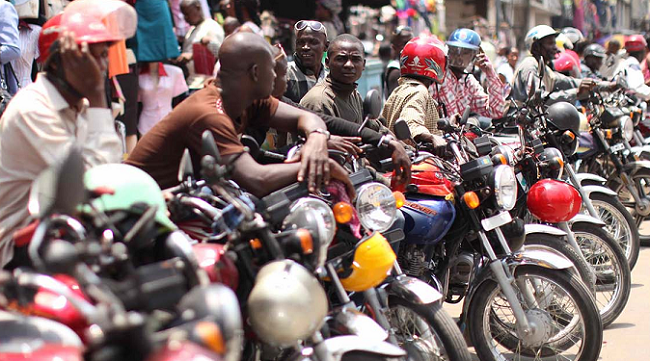The motorcycle taxi, popularly known as ‘okada’, which began as a modest response to urban congestion and unreliable public transport, has evolved into a vital component of the nation’s mobility infrastructure. Today, ‘okadas’ are not just a means of transport; they are lifelines for many Ghanaians, offering affordable, flexible, and efficient travel options in cities where traffic jams are the norm.
This rapid growth, however, has not been without its challenges. Until recently, the ‘okada’ industry operated in a legal grey area, with government policies fluctuating between regulation and prohibition. Despite this, the sector continued to thrive, driven by the demands of commuters and the livelihoods of thousands of riders. President Mahama has now proposed the legalization of the means of transport, which is in the pipeline.
The Emergence of Okadas in Ghana
The okada phenomenon in Ghana traces its roots back to the early 2000s. Initially, a few enterprising individuals began offering motorcycle rides to passengers in urban areas, providing a quicker alternative to traditional taxis and trotros. By 2008, the concept had gained significant traction, particularly around areas like the Korle-Bu Teaching Hospital in Accra, where long queues for public transport were common. With time, the okada phenomenon has spread like a pandemic across the country. Despite its popularity, the previous government expressed concerns over safety and legalities, leading to periodic crackdowns. In 2012, the then-NPP government declared okada operations illegal, citing security risks and a lack of regulation. This move prompted protests and demonstrations from riders advocating for the formalisation of the industry.

Economic Impact and Rider Earnings
The okada sector has become a significant source of employment in Ghana. According to the Okada Riders Association of Ghana, over 800,000 individuals depend on motorcycle riding for their livelihoods. Riders often earn substantial incomes; some report making up to GHS 7,000 per month, surpassing the earnings of many formal sector employees.
Safety Concerns and Initiatives
Safety remains a critical issue within the okada industry. Motorcycle accidents are prevalent, often due to a lack of protective gear and adherence to traffic regulations. In response, various initiatives have been launched to improve rider safety.
In 2023, TotalEnergies Ghana, in collaboration with the Global TotalEnergies Foundation, initiated the “Helmet 4 Life” campaign, distributing over 3,000 high-quality helmets to okada riders across the country. The campaign aimed to enhance road safety and reduce fatalities among motorcycle riders.
The Ghana National Association of Driving Schools has also committed to providing professional training for commercial motorcycle riders. This initiative seeks to enhance riders’ skills and promote adherence to traffic laws, contributing to safer roads.
Legal Landscape and Policy Shifts
The legal status of okada operations in Ghana has been a subject of debate for years. While governments have periodically banned the commercial use of motorcycles, the persistent demand for their services has led to calls for legalisation and regulation.
In 2019, then former President Mahama proposed the introduction of an electric motorcycle hire-purchase scheme, aiming to reduce fuel costs and increase profitability for riders. This proposal also aligned with Ghana’s broader goals of environmental sustainability and job creation, but the initiative barely saw the light of day.
In 2024, MP for South Dayi, Hon. Rockson Nelson Etse Dafeamekpor, distributed licenses to 614 okada riders in his constituency, valued at GH₵1,200 each. This year, President Mahama has finally announced the legalization of ‘okada’ with the stipulation that only 25-year-olds and above will be able to operate it commercially.

The future of the okada industry in Ghana hinges on effective regulation and integration into the formal transport sector. Stakeholders, including riders, policymakers, and civil society organizations, advocate for a balanced approach that ensures safety, sustainability, and economic viability.
As the government continues to move towards its legalization, the resilience and adaptability of okada riders remain evident. Their ability to navigate challenges and meet the transportation needs of Ghanaians underscores the indispensable role they play in the nation’s mobility ecosystem, whether you support them or not.




